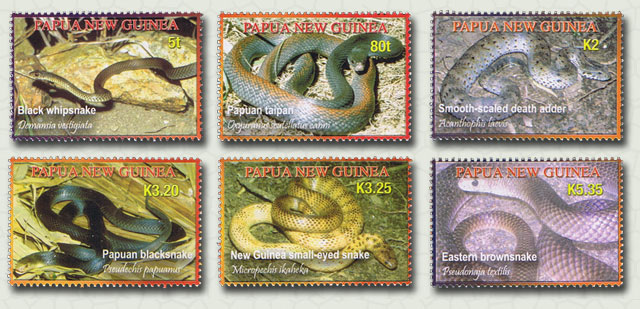Why do some species decline rapidly with anthropogenic disturbance, whereas others readily exploit disturbed habitats? It is possible that the ecological characteristics of some species render them especially vulnerable to extinction. Previous analyses of a diverse array of taxa have identified a number of intrinsic ecological predictors of vulnerability, but snakes have not been studied in this respect. We collated ecological data on Australian venomous snake species in the family Elapidae, based primarily on examination of preserved specimens in museums, to investigate possible differences between threatened and nonthreatened taxa. We also used comparative ( phylogenetically based) analyses to identify functional associations with endangerment. Correlates of conservation vulnerability identified in previous studies did not discriminate successfully between threatened and nonthreatened elapid species. However, threatened and nonthreatened elapids differed significantly in two main respects.
First, threatened species tended to rely on ambush foraging rather than actively searching for prey. Sit-and-wait foragers may be vulnerable because (1) they rely on sites with specific types of ground cover, and anthropogenic activities disrupt these habitat features, and (2) ambush foraging is associated with a suite of life-history traits that involve low rates of feeding, growth, and reproduction. The second major correlate of endangerment involves the mating system. Endangered species typically lacked male-male combat: In such taxa, females grow larger than males and are more vulnerable to human predation (as judged by the composition of museum collections). Our analysis also identified taxa that, although not currently listed as threatened, share many of the ecological traits of the endangered group. Our results may facilitate future attempts to prioritize conservation actions for Australian snakes.
Source:
ROBERT N. REED AND RICHARD SHINE. Conservation Biology, Pages 451–461, Volume 16, No. 2, April 2002 (attached)

- Login om te reageren
